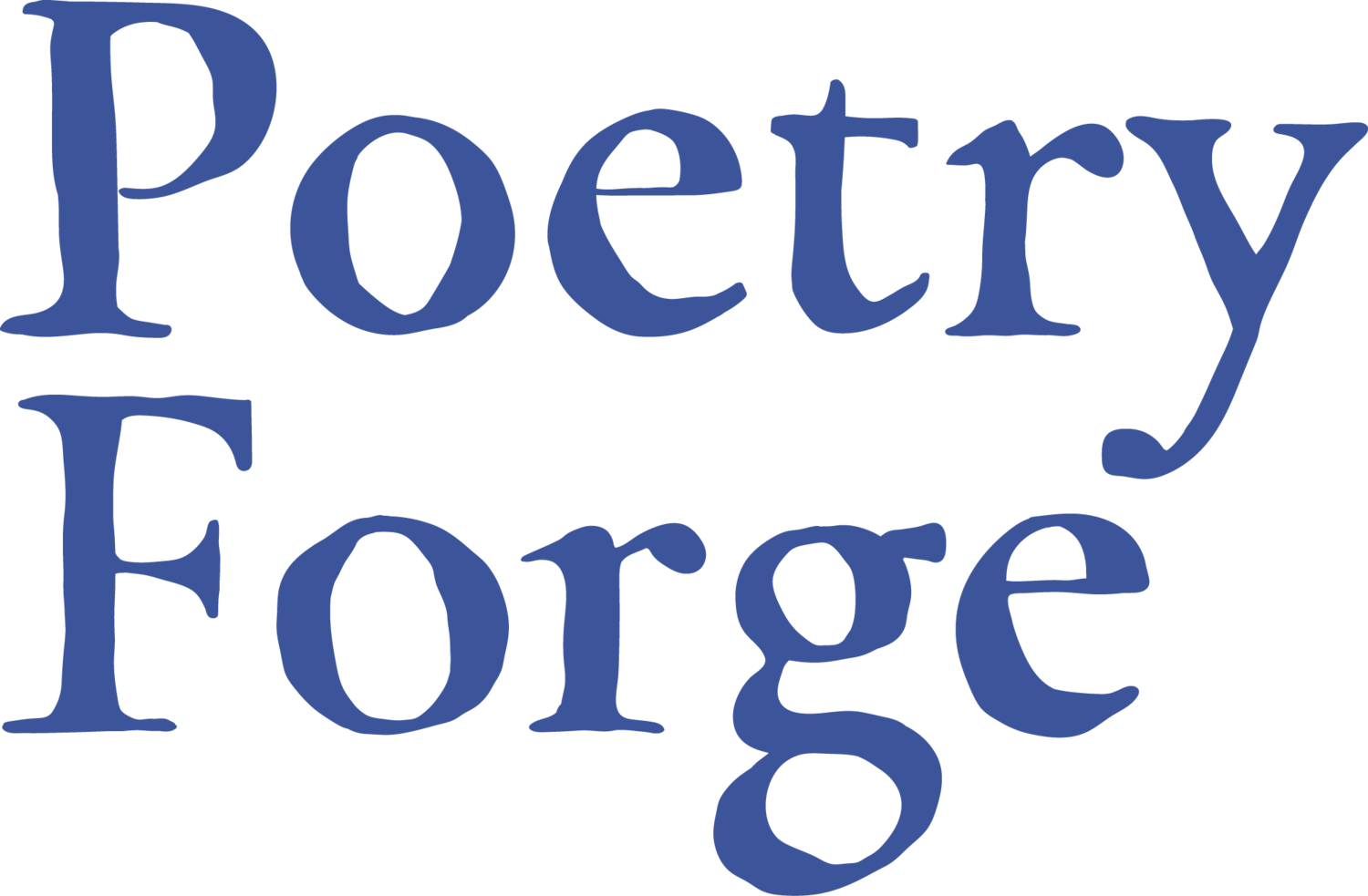On Hesitation
Recently, I had a conversation with a friend about whether or not to leave a profoundly disruptive job, though the one in question brought a much needed stable income. I felt my role in this exchange was to listen for what she really wanted to do, even if she wasn't yet able to speak or act on this information.
In some sense, I was also there to rally her deeper self-knowing, and perhaps her intuitive nature, which cab be so helpful when making important moves of almost any kind. (Indeed, I want these forces on my side when I make the smallest decisions on the page, too. And let's be honest, for poets, it's all about the small things.)
When we don't forsake what we know to be true, we are clearer, more nimble, and more able to be decisive. For artists, this can give us access to, or feed a kind of encompassing creative flow, which ultimately means we spend less time doubting and dithering; we do whatever it is we want to do or make next, and waste little time worrying about how it will turn out, or what anyone else may think about it.
In Jim Jarmusch’s beautiful 1999 film, Ghost Dog, Forest Whitaker plays a modern-day samurai warrior. He also trains pigeons on an urban rooftop, swooping and bending his body in harmony with the birds as they circle and dive overhead in a sort of synchronized aerial ballet. I love these lyrical scenes and encourage you to watch this film if you haven't already done so. It's a personal favorite.
Throughout the film, Ghost Dog also recites passages from the Hagakura: The Book of the Samurai, by Tsunetomo Yamamoto (1659-1719), which was initially circulated as a secret text, and contains instruction in the Samurai’s code of behavior.
"There is something to be learned from a rainstorm. When meeting with a sudden shower, you try not to get wet and run quickly along the road. But doing such things as passing under the eaves of houses, you still get wet. When you are resolved from the beginning, you will not be perplexed, though you still get the same soaking."
I've carried this passage with me since I saw the film the first time 23 years ago, and it has guided me time and again, in so many situations where I needed (and wanted) to move without hesitation.
Sometimes (often), thinking is not the answer: there is no avoiding the issue, whatever it happens to be, and some kind of direct action must be taken. As a teacher, I am always interested in cultivating spontaneity and conviction, intuition and boldness in my students. For one thing, it's more fun to be in one's body and work in this way. For another thing, life is hard enough, and streamlining our process for the sake of joy and ease makes a lot of sense from a practical as well as philosophical standpoint.
The Japanese Zen monk and poet Matsuo Basho said the following: “When you are composing a verse, let there not be a hair's breadth separating your mind from what you write. Quickly say what is in your mind; never hesitate a moment.”
What holds us back—I repeat this phrase to myself almost daily. It comes to mind when I sense that I’m hesitating—in my writing, in my relationships, or in any of my other engagements. It comes to mind when I consider all that I know about my own irrevocable truths as a person trying to make sense of the world and my place within it. And with these knowings, I put one foot in front of the other, and walk.
Can reading and writing poems help us know and then speak of our truths and secret wishes? Can this ancient human practice of composing lyrics and lines expand our ability to know and act, without hesitation, upon what we know? I believe they can.
Thanks for reading and I hope to see you in a writing workshop sometime soon. That's where we can learn and practice together.
—Holly Wren Spaulding, February 2022

